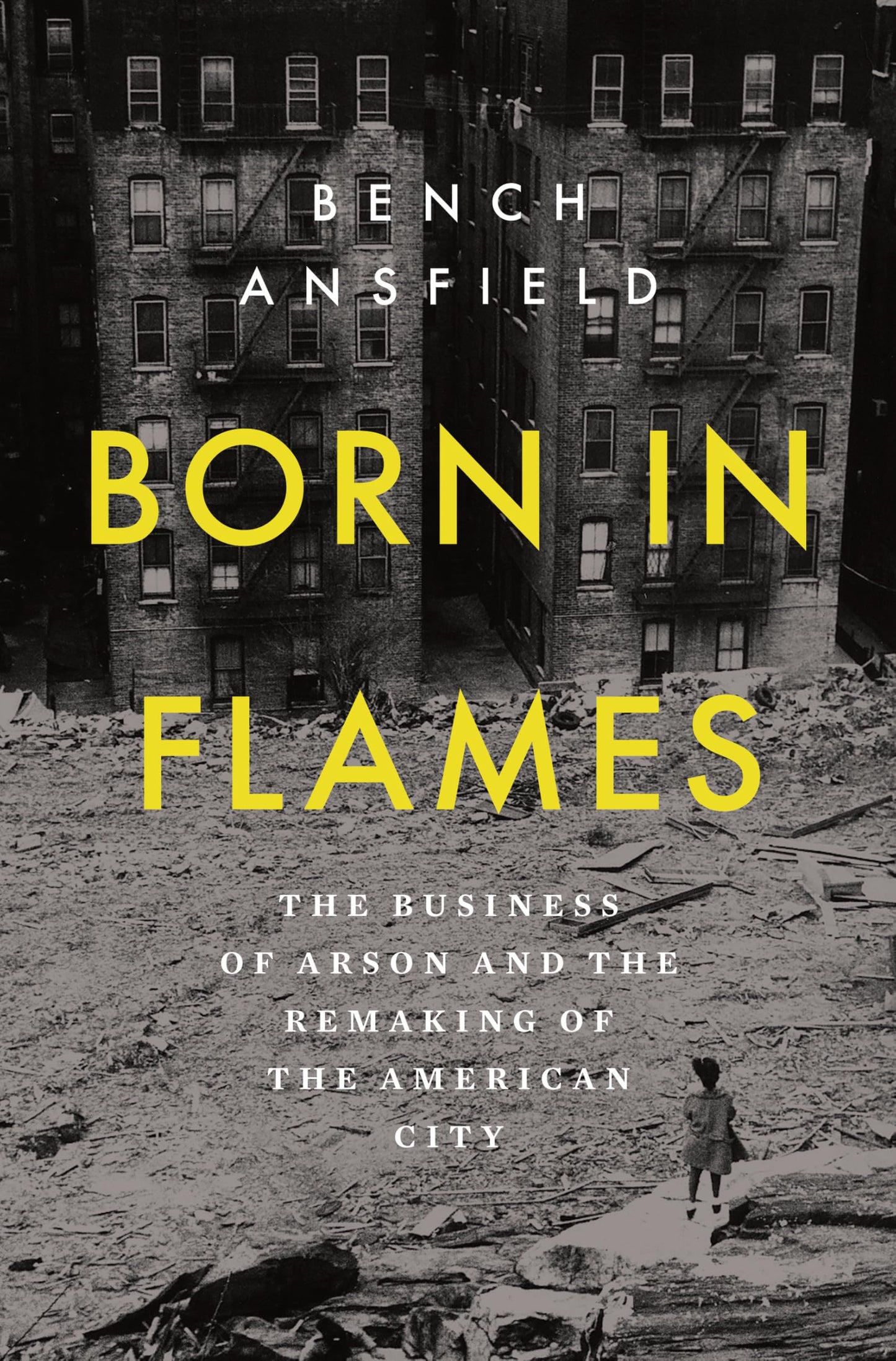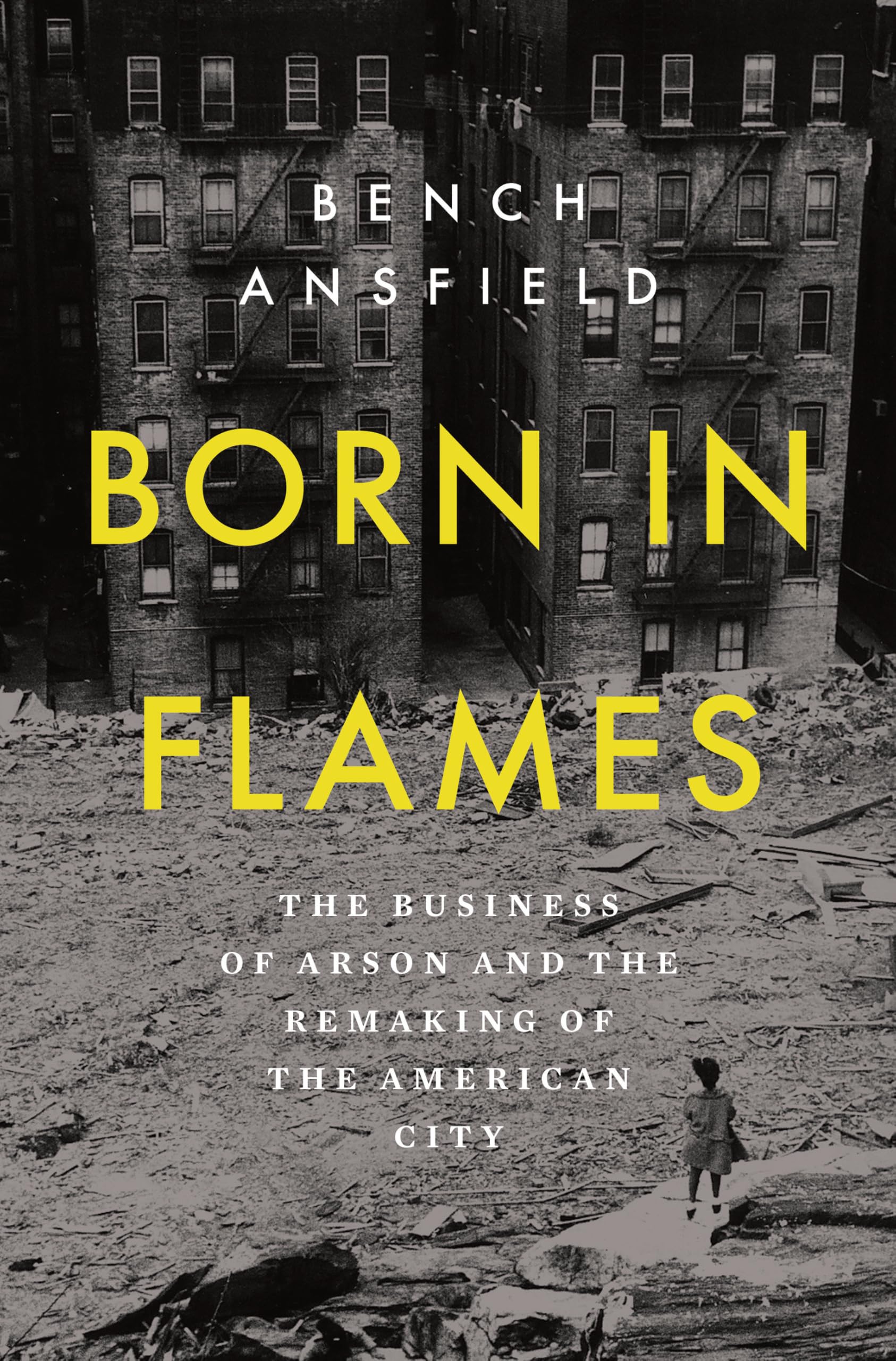W. W. Norton & Company
Born in Flames
Couldn't load pickup availability
Title: Born in Flames
Author: Bench Ansfield
American History: 1689167
ISBN: 9781324093510
Publisher: W. W. Norton & Company
Published: 2025
Binding: Hardcover
Language: English
Section: History | United States | 20th Century
Condition Note: New from the publisher
Publisher Description:
"Ladies and gentlemen, the Bronx is burning!" That legendary and apocryphal phrase, allegedly uttered by announcers during the 1977 World Series as flames rose above Yankee Stadium, seemed to encapsulate an entire era in this nation's urban history. Across that decade, a wave of arson coursed through American cities, destroying entire neighborhoods home to poor communities of color.
Yet as historian Bench Ansfield demonstrates in Born in Flames, the vast majority of the fires were not set by residents, as is commonly assumed, but by landlords looking to collect insurance payouts. Driven by perverse incentives--new government-sponsored insurance combined with tanking property values--landlords hired "torches," mostly Black and Brown youth, to set fires in the buildings, sometimes with people still living in them. Tens of thousands of families lost their homes to these blazes, yet for much of the 1970s, tenant vandalism and welfare fraud stood as the prevailing explanations for the arson wave, effectively indemnifying landlords.
Ansfield's book, based on a decade of research, introduces the term "brownlining" for the destructive insurance practices imposed on poor communities of color under the guise of racial redress. Ansfield shows that as the FIRE industries--finance, insurance, and real estate-- eclipsed manufacturing in the 1970s, they began profoundly reshaping Black and Brown neighborhoods, seeing them as easy sources of profit. At every step, Ansfield charts the tenant-led resistance movements that sprung up in the Bronx and elsewhere, as well as the explosion of popular culture around the fires, from iconic movies like The Towering Inferno to hit songs such as "Disco Inferno." Ultimately, they show how similarly pernicious dynamics around insurance and race are still at play in our own era, especially in regions most at risk of climate shocks.

